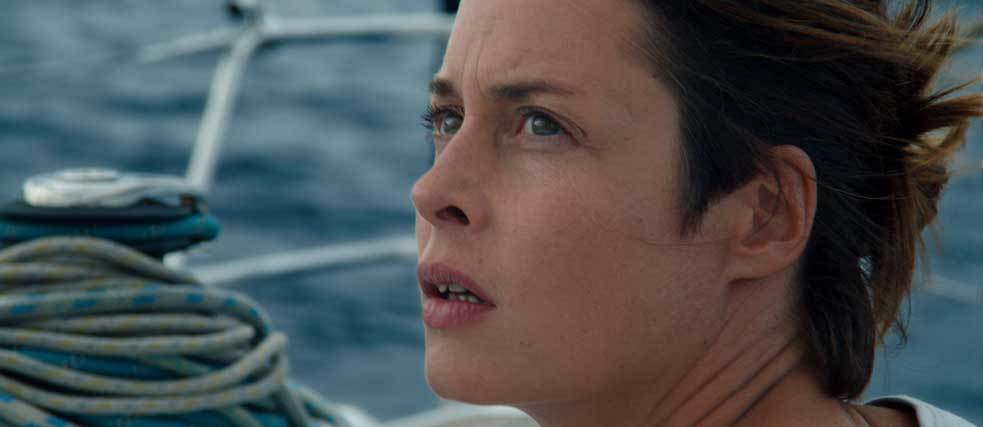Berlinale Bloggers 2018
Between recreation and flight

Zentralflughafen THF (Central Airport THF) and Styx: two films in the section Panorama show global immigration movements from different perspectives.
By Philipp Bühler
Global refugee movements continue to engage the Berlinale. In 2016, Gianfranco Rose’s documentary Fuocoammare won the competition. This year another documentary, Zentralflughafen THF (Central Airport THF), was received very warmly.
Filmmaker Karim Aïnouz, who grew up in Brazil with Algerian roots and has been living in Berlin since 2010, shows the life of especially Syrian war refugees in a strange place: the huge hangars of the decommissioned Tempelhof Airport in Berlin. The temporary use of the airport grounds as an emergency accommodation collides here illuminatingly with their original interim use as an inner city recreational area. Amidst walkers, hang gliders and skaters, asylum seekers wait for notification of their right to stay and learn German – surrounded by grandiose Nazi architecture, which is here pressed into service as a symbol of the lumbering German administrative apparatus.
The dilemma of the solitary sailor
Closer to the immediate urgency of Fuocoammare is a feature film. In Styx, also showing in Panorama, the solo sailor Rike runs into a stricken refugee boat in the middle of the Atlantic. A dedicated doctor and self-confident sportswoman, she is faced with staggering moral issues: she cannot help them all, but the summoned sea rescue team is long in coming. What to do?Styx wins us over to begin with as great German action cinema; the director Wolfgang Fischer and the lead actress Susanne Wolff grapple with the strenuous efforts of the solitary sailor in tremendously powerful images (in "All Is Lost" [USA 2013, directed by JC Chandor] we recently saw Robert Redford in a similarly spectacular role on the high seas).
But what I particularly liked about the film was that it cannot, and will not, furnish an ultimate resolution of its moral and highly political dilemma. We take the question whether Rike has acted properly or not home with us. My personal assessment that most of the documentary films are a little too confident in their answers is doubtless unjust. But it is above all the feature films that leave behind in me this effect of reflection.